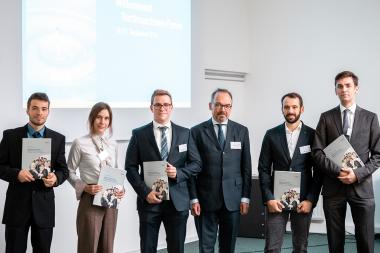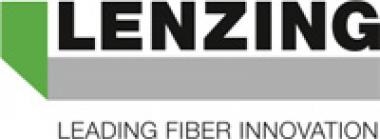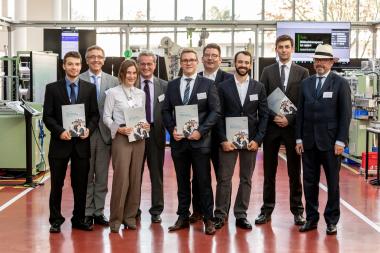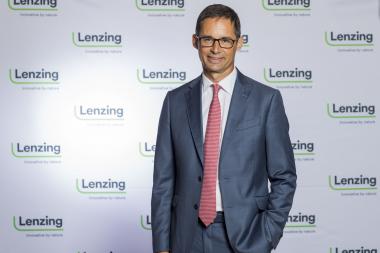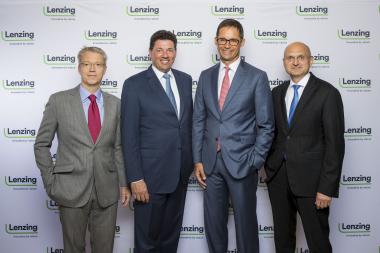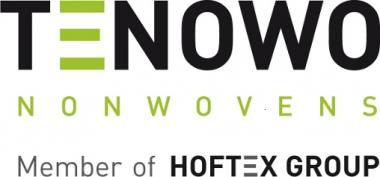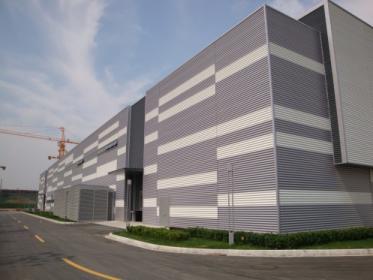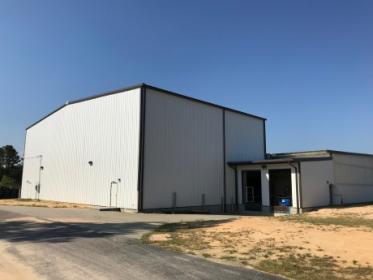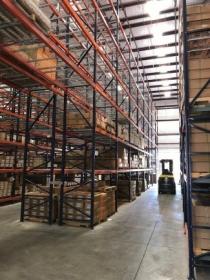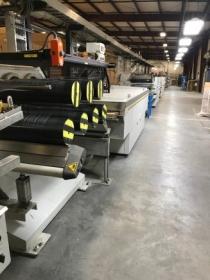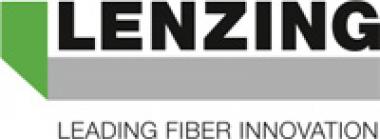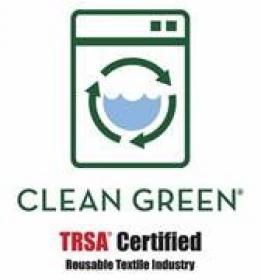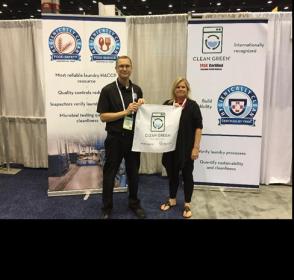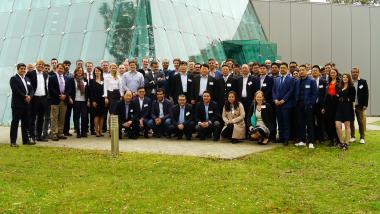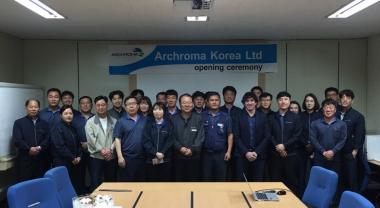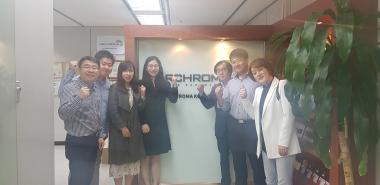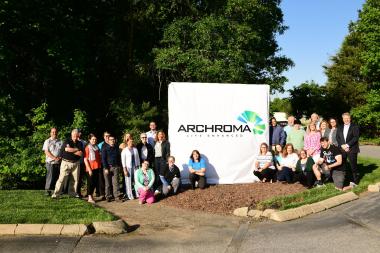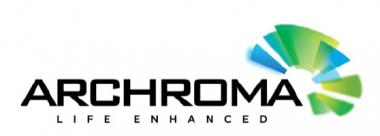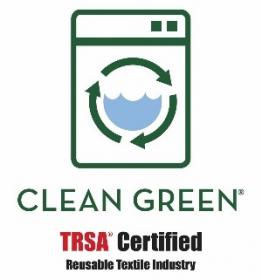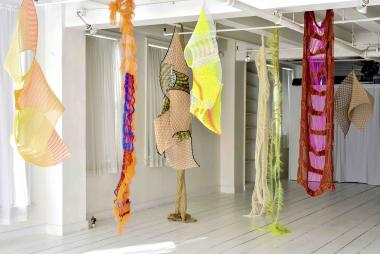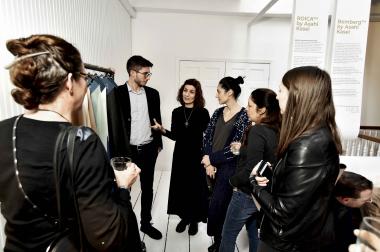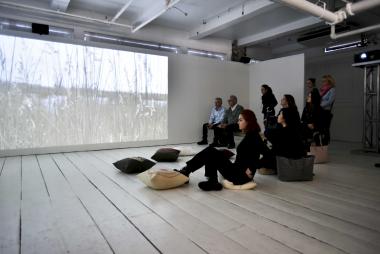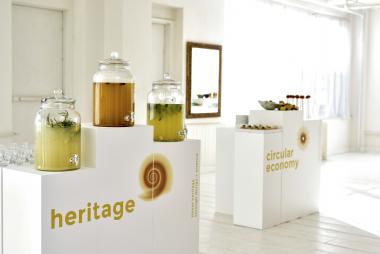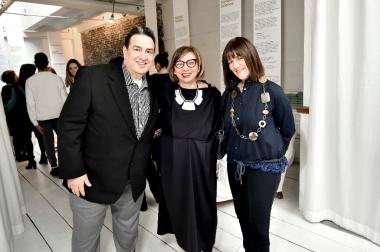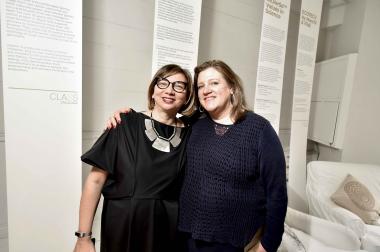Dissertation and Creativity Award of the German Textile Machinery Foundation 2018 to go to Aachen
The Mechanical Engineering Industry Association (VDMA) has awarded two prizes to graduates of the Institut für Textiltechnik (ITA) of RWTH Aachen University - the dissertation prize and the creativity prize of the Walter Reiners Foundation of German Textile Machinery 2018. ITA alumnus Dr Benjamin Weise was awarded the dissertation prize for the development of novel fibres for textile charge storage devices. For their work on a guide to 4D product design, Jan Merlin Abram and Aalon Tal (both ITA students) were honoured with the creativity prize. The dissertation prize is endowed with €5,000 whilst the creativity prize contains a one-year scholarship of €250 per month. Peter D. Dornier, President of the Walter Reiners Foundation and Chairman of the Management Board of Lindauer DORNIER, presented the awards on the 18 September 2018 at the 18th Textile Machinery Forum in the Digital Capability Center in Aachen, Germany.
Graphene revolutionizes all-in-one - supercaps, reduction of terahertz radiation and antistatics
In his dissertation "Development of graphene-modified multifilament yarns for the production of textile charge storage devices", laureate Dr Benjamin Weise developed novel fibres made of polyamide and graphene and further processed them into textile surfaces. The newly developed polyamide graphene fibres are featuring a multitude of advantages:
- Due to their high performance in the charge storage area, they are predestined for use in double-layer capacitors, so-called super capacitors, or supercaps in short. Compared to lithium-ion batteries, supercaps offer significantly higher power density and a longer lifetime as no chemical reactions are taking place. towing to the graphene platelets in the filaments, it is now possible for the first time to integrate a charge storage device directly into a textile without having to sew in a rechargeable battery. This new fibre is therefore suitable for prospective use in smart textiles, for instance in a textile defibrillator.
- The new graphene-modified polyamide fibres can attenuate inident terahertz radiation up to 25 % of their original intensity. Terahertz radiation, for example, offers transmission rates of 100 Mbit/sec and is therefore of high interest for high-performance wireless communication. However, the radiation could damage sensible electronics as in aircrafts if this technology will be used widespread. Consequently, the shielding of the radiation is of high importance, e.g. in the form of fibre composite components in the aircraft, which protect the on-board electronics.
- As the fibres are showcasing a dissipative electrical conductivity, personal protective equipment is another prospective field of application.
The development of a pilot process for graphene-modified fibres and the production of textile demonstrators are novel and disruptive attainments of Dr Weise’s PhD thesis and the reason for the award ceremony to him. Due to its outstanding properties, the European Union is funding research on graphene within the frame of the "Graphene Flagship" with an overall budget of one billion Euro (source: http://graphene-flagship.eu/project/Pages/About-Graphene-Flagship.aspx).
Modular product design of 4D products is now possible in simplified form
How can three-dimensional products change their shape over time and thus become "four-dimensional"? The students Jan Merlin Abram and Aalon Tal provide answers to this question in their project work "Leitfaden zur Auslegung hybrider morphender Textilien am Beispiel eines Scharniers" (Guidelines for the Design of Hybrid Morphing Textiles Using the Example of a Hinge), for which they were awarded the creativity prize. In their work, the students offer a guideline for the development of a four-dimensional textile from the idea to the demonstrator. Four-dimensional textiles, for example, consist of a hybrid material of elastic textile on which three-dimensional structures are printed. The fourth dimension describes the change in shape and/or a property over a defined period of time (= morphing). This change is caused by external influences such as light and heat.
Every year, the Foundation of the German Textile Machinery awards prizes for the best dissertation, diploma or master's thesis and the creativity prize for the smartest student research project. Further prizes were awarded to Eric Otto, ITM Dresden, and Susanne Fischer, Reutlingen University.
Institut für Textiltechnik of RWTH Aachen University
ITA


